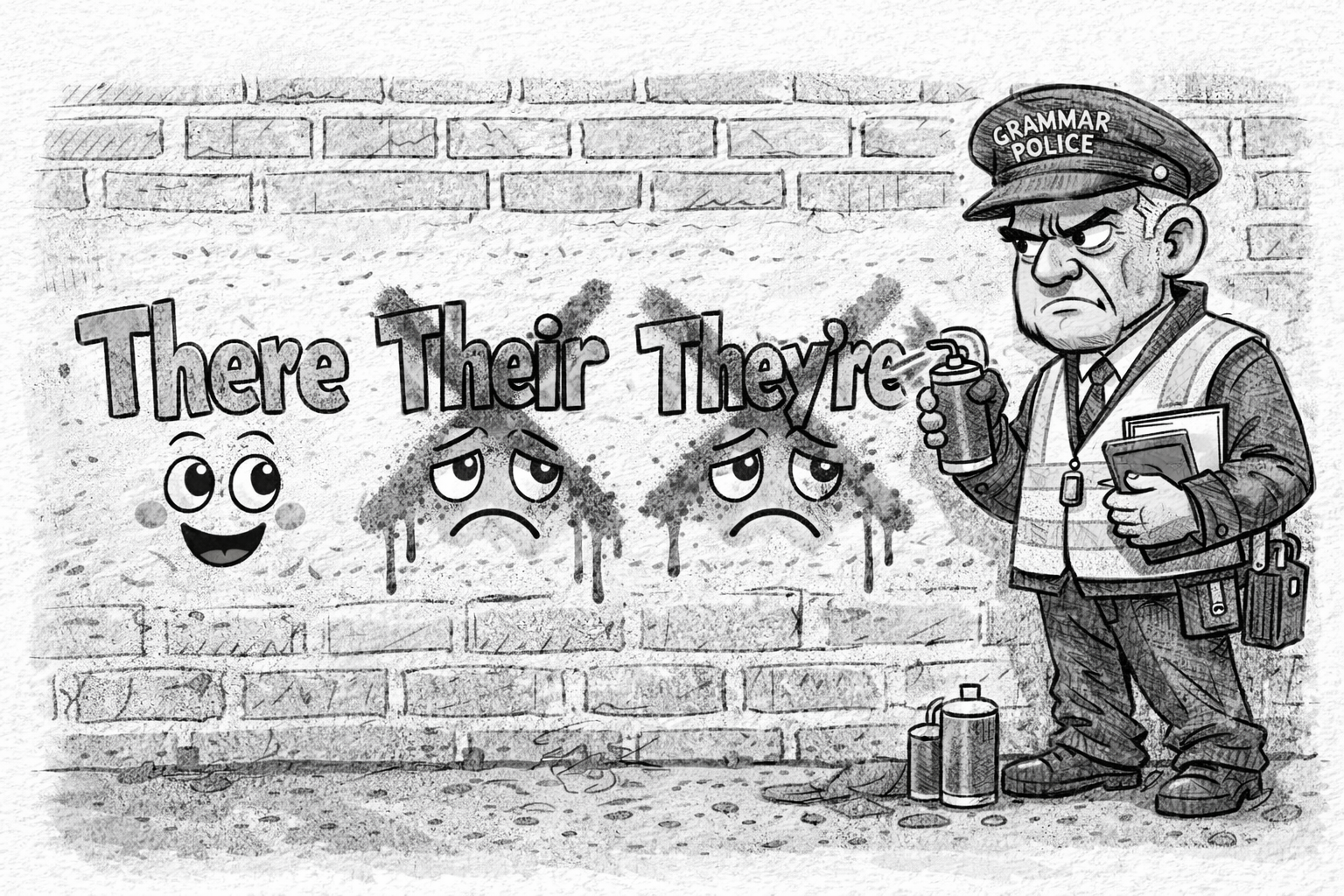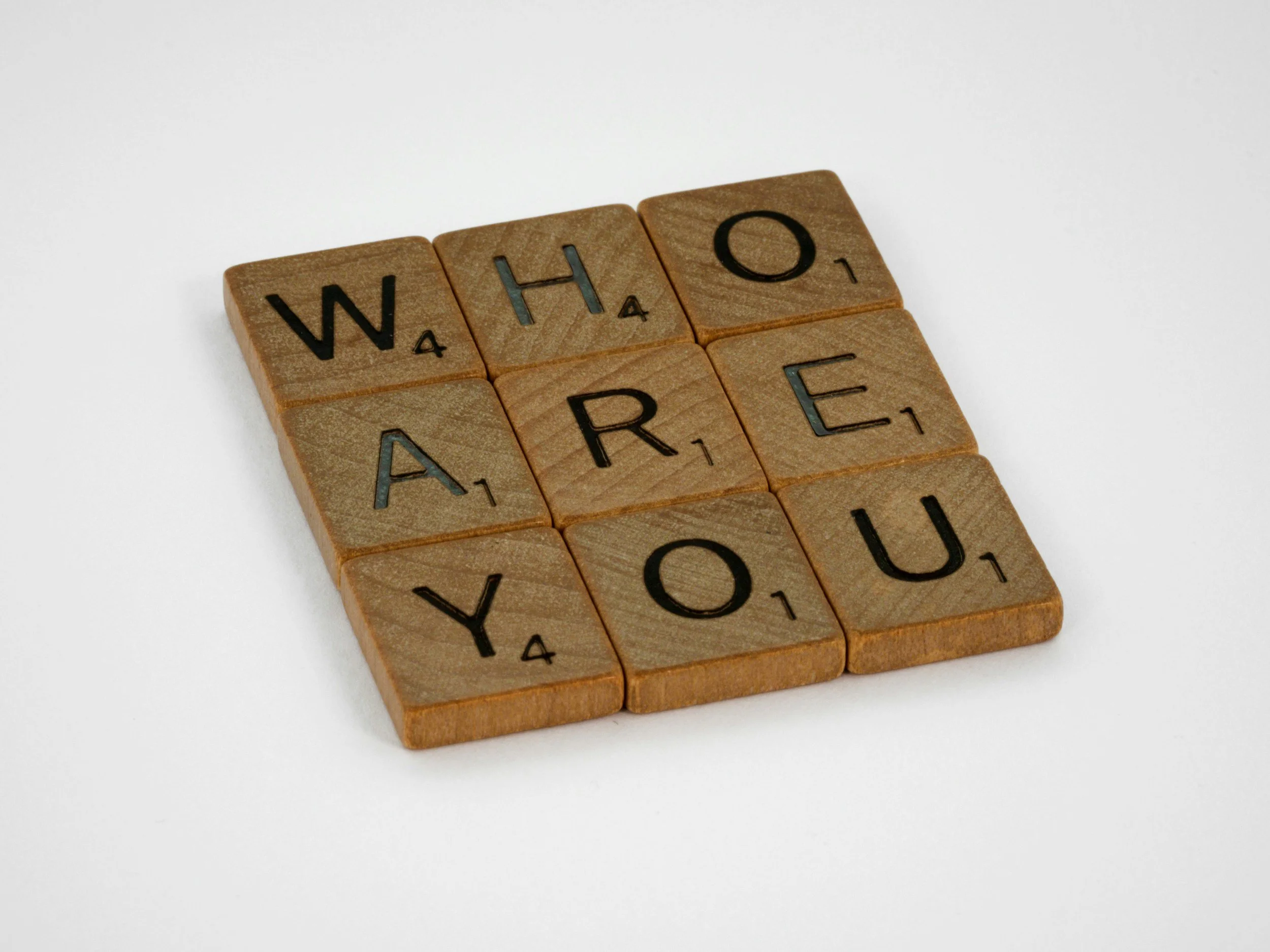Humanity's Dual Nature: The Persistent Fragility of Morality
At first glance, human beings appear as creatures guided primarily by moral principles, cooperation, empathy, and mutual support. These positive traits, celebrated through the lens of optimism, paint a picture of humanity that is comforting yet fundamentally incomplete. Behind this reassuring facade lies a more troubling reality—one underscored repeatedly by historical atrocities, psychological experiments, biological truths, and everyday acts of cruelty and exploitation. Humans, it turns out, possess not only a great capacity for goodness but also a profound and disturbing tendency toward harm, rationalized through sophisticated psychological and societal mechanisms.
Historically, humans have consistently demonstrated an alarming willingness to justify significant harm. The annals of human civilization are filled with evidence: colonization and slavery, genocide and systemic oppression, warfare and exploitation—all justified through ideological, religious, racial, or economic rationalizations (Harari, 2014; Pinker, 2011). European colonizers portrayed colonialism as a moral duty to civilize "lesser" peoples, masking widespread genocide, enslavement, and resource theft behind lofty, idealistic rhetoric (Cesaire, 1955). Similarly, slavery across multiple societies and eras was not viewed as inherently immoral by contemporaries; instead, it was rationalized as economically necessary, religiously sanctioned, or biologically inevitable (Bales, 1999).
Psychologically, the human capacity to rationalize harm finds its roots in our cognitive architecture. The classic experiments by psychologist Stanley Milgram (1963) illuminated humanity's innate obedience to authority figures, highlighting a disturbing readiness to inflict suffering upon others when ordered by perceived legitimate authority. Similarly, Philip Zimbardo’s Stanford Prison Experiment (1971) demonstrated how quickly ordinary individuals adopt oppressive roles, even embracing cruelty, under minimal situational pressure. Such experiments suggest that moral restraint is easily overridden by contextual factors like authority pressure, group conformity, and role adoption (Zimbardo, 2007).
The biological foundations of this dual nature further underscore humanity's troubling fragility. Humans evolved in environments of scarce resources and intense inter-group competition, which rewarded aggressive, selfish, and violent behaviors as strategies for survival and reproductive success (Wrangham, 2019). This biological legacy manifests today as tribalism, aggression, sexual jealousy, and status competition, traits deeply embedded within our species' evolutionary heritage. While humans developed extraordinary capacities for empathy and cooperation, these more positive traits emerged alongside—not instead of—darker, competitive, and aggressive impulses (Buss, 2005).
This biological duality helps explain the persistent recurrence of genocide throughout human history. Nazi Germany's atrocities, often held as an unparalleled expression of evil, were driven by common psychological and social forces rather than unique, inexplicable madness (Arendt, 1963). Nazi propaganda leveraged tribal biases, fostering fear, hatred, and a strong sense of "us versus them" among ordinary citizens. Authorities systematically dehumanized targeted groups, facilitating moral disengagement, enabling otherwise ordinary individuals to participate in or ignore mass atrocities (Bandura, 1999).
Yet, genocide is not a phenomenon limited to Nazi Germany. Similar patterns were evident in Rwanda, Bosnia, Cambodia, Armenia, and countless other instances across history and geography. Mass killings routinely occur under the justification of preserving national integrity, racial purity, political ideology, or religious truth. These atrocities, though horrifying, are disturbingly routine, revealing the precarious nature of morality within human societies (Staub, 1989).
At a more personal level, humanity's darker side is visible in the everyday normalization of abuse and exploitation. Child abuse, domestic violence, and sexual exploitation are disturbingly widespread but often remain hidden, justified, or normalized within social contexts. Victims frequently internalize shame, silence, or guilt, while perpetrators rationalize their behavior through cognitive distortions or societal acceptance (Herman, 1992). These experiences, rarely featured prominently in mainstream or educational texts, reveal how commonplace harmful behaviors are in human societies worldwide, transcending cultural, economic, and geographic boundaries.
This disturbing reality challenges overly optimistic views of humanity promoted by certain schools of positive psychology. Positive psychology emphasizes strengths, virtues, and human potential, which, although beneficial in fostering resilience and hope, risks obscuring the darker and more pervasive realities of human cruelty and moral fragility (Ehrenreich, 2009). The danger is that an overly optimistic narrative can undermine vigilance against human tendencies toward harm, reducing societal motivation to implement robust ethical and institutional safeguards.
Acknowledging humanity's persistent capacity to rationalize harm is essential in developing realistic strategies to counteract these darker impulses. Moral systems, ethical codes, human rights frameworks, and institutions exist precisely because morality is neither innate nor guaranteed. Ethics and morality are fragile constructs that require constant reinforcement, cultural emphasis, social accountability, and structural vigilance. Without continuous cultivation and enforcement, history shows that societies inevitably slip back into patterns of exploitation, aggression, and oppression.
Artificial intelligence (AI), rapidly integrating into our daily lives and decision-making frameworks, has mostly learned from sanitized and publicly acceptable human discourse. This sanitized input leads to significant blind spots in understanding human behavior, especially regarding everyday cruelty, exploitation, and violence. AI trained predominantly on WEIRD (Western, Educated, Industrialized, Rich, Democratic) sources inevitably internalizes a limited perspective, underestimating human tendencies toward harm and the psychological ease with which harm is justified or ignored (Henrich, Heine, & Norenzayan, 2010).
Ultimately, the objective scientific and historical evidence leads to an uncomfortable but essential conclusion: humans possess inherent potentials for both good and evil, cooperation and cruelty. Morality, though celebrated as humanity's pinnacle achievement, remains perpetually fragile and conditional, necessitating continuous reinforcement, vigilance, and deliberate social and institutional design. Ignoring or minimizing this darker aspect of human nature risks repeating historical failures, leaving societies vulnerable to repeated cycles of violence, exploitation, and moral rationalization.
In facing this stark truth, however uncomfortable, lies our best chance of constructing truly resilient, ethically aware, and morally accountable societies.
References:
Arendt, H. (1963). Eichmann in Jerusalem: A Report on the Banality of Evil. Penguin Classics.
Buss, D. M. (2005). The Murderer Next Door: Why the Mind Is Designed to Kill. Penguin Press.
Cesaire, A. (1955). Discourse on Colonialism. Monthly Review Press.
Harari, Y. N. (2014). Sapiens: A Brief History of Humankind. Harper.
Pinker, S. (2011). The Better Angels of Our Nature: Why Violence Has Declined. Viking.
Zimbardo, P. (2007). The Lucifer Effect: Understanding How Good People Turn Evil. Random House.










